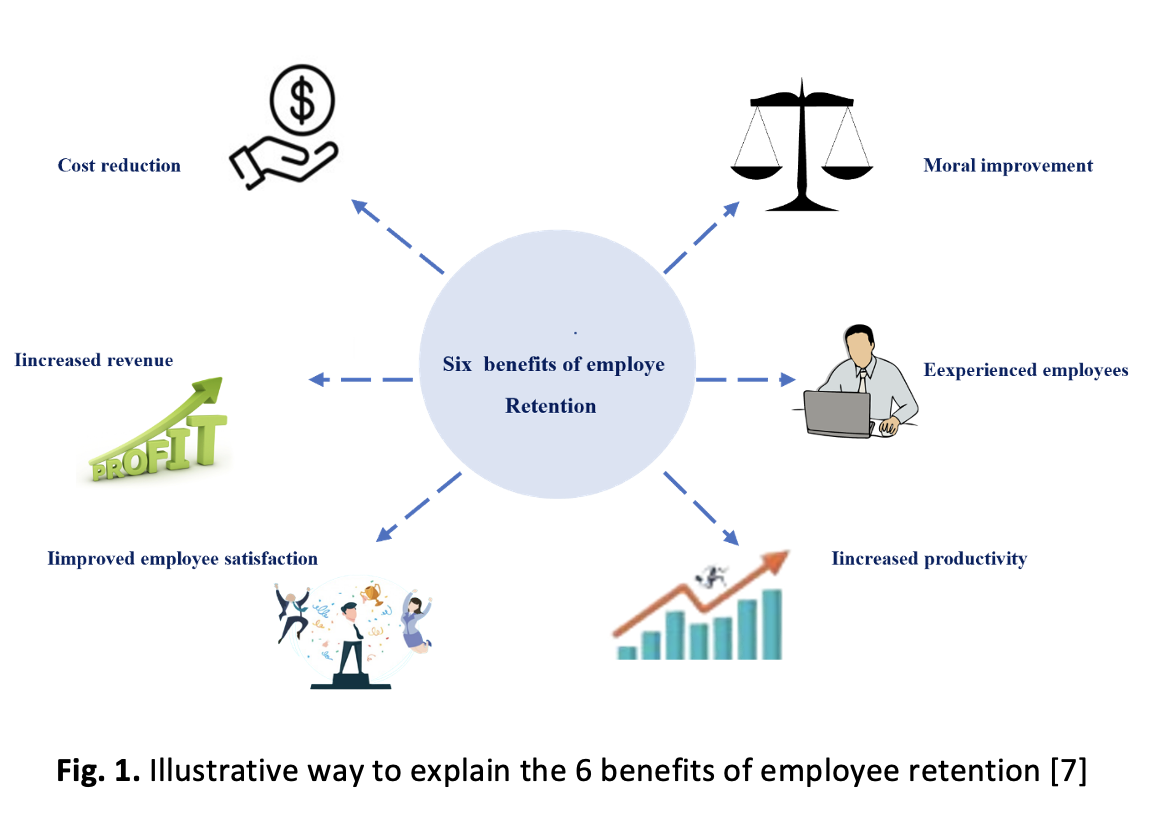The Role pf Psychological Contracts in Enhancing Employee Retention Strategies
DOI:
https://doi.org/10.37934/sarob.3.1.120Keywords:
Psychological contracts, employee retention, turnover intentions, job satisfaction, retention strategiesAbstract
Among the many volatile challenges weighing heavily on this dynamic and competitive labour market, employee retention is paramount, especially in sectors like health care, where fluctuation in turnover can remarkably affect service quality and operational efficiency. This paper discusses the implications of a psychological contract on employee retention strategies. It means, the psychological contracts have gained a lot of importance as they reflect the perceptions of employees regarding the commitment of the organization to provide them job security, career development, and work-life balance. This paper focuses on the health care sector as the psychological contracts particularly affect the aspects of job satisfaction, organizational commitment, and trust among nurses and management. This paper examines how the proper management of psychological contracts can help minimize turnover intentions by integrating employee expectations along with organizational objectives. For this purpose, a narrative review of the literature has been carried out, which was informed by recent studies dealing with employee retention, the theory of psychological contract, and human resource practices. Aspects related to perceived organizational support, career opportunities, recognition, and work environment have been analysed in the context of their potential to assist in the creation of mutual commitment and minimizing turnover. Finding indicated that psychological contract breaches, like breached expectations concerning career development or job security, significantly enhance turnover intentions. An organization found practicing active management of psychological contracts through addressing employee expectations and aligning them with organizational objectives realizes a more committed and satisfied workforce. This results in the situation of reciprocity in culture, where both employer and employee obligations are honoured, leading to lower turnover and long-term success for the organization. The paper consequently concludes that the integration of psychological contract management into broader employee retention strategies will be imperative in building a stable, loyal workforce. Indeed, addressing implicit employee needs and expectations, particularly in high-stress industries such as health care, allows organizations to facilitate improved retention, build loyalty, and ultimately enhance overall organizational performance.
Downloads










